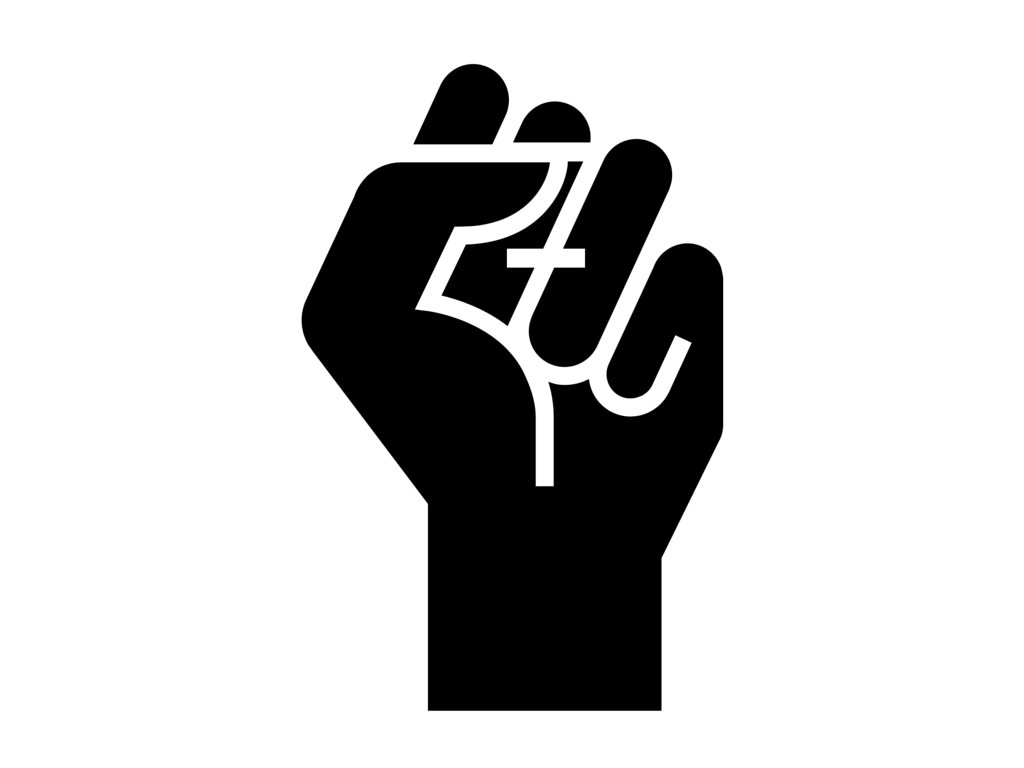Seven Essentials of a Successful Online Store
Online stores are becoming a hit, and because of this, more and more business owners are eager to get on the bandwagon. But in reality, thousands of business owners launch an e-commerce site only to find out that they lack the essentials of a good online store.
In building your online store, keep in mind that the goal is to make your customers’ experience enjoyable and satisfactory. After all, a happy customer translates to good sales.
Here’s a quick checklist of the most basic functionalities your eCommerce store should have to get into the full throttle.
1. An eCommerce Solution
This is the backbone of your online store. Your eCommerce software will practically run your store, from product inventory to shopping cart management to a payment gateway. Most online entrepreneurs struggle at making their eCommerce software work for their business, which causes them to change platforms in the middle of operations. To avoid this, you must be careful in selecting your eCommerce solution. Do a lot of research. Go to comparison websites to know which eComerce solution will work best for your business.
In choosing an eCommerce platform, take note of these key facts. You don’t need to spend too much on an eCommerce solution as prices have considerably dropped. Some providers even offer a basic eCommerce solution for free. Also, it is best to choose an eCommerce solution that offers an all-in-one package so you will have all the capabilities you need in starting your online store.
2. Security protocol
According to a recent survey, 13% of shoppers are abandoning their shopping carts because of payment security concerns. In starting your online store, make sure you are taking sufficient measures to secure customer information, and see to it that you publish these security measures on your website. SSL Certificates are an essential component of your online store as this will encrypt all data exchanged between your online store and your customers.
3. Customer support hotline
In online shopping, your customers make transactions via the Internet anytime and anywhere across different locations. Whenever they encounter problems, customers prefer to have someone in your online store respond to their needs quickly. You need to have a customer support system that will promptly respond to customers’ most immediate concerns. You may set up 24/7 hotlines or a live chat system that will provide professional and quick round-the-clock assistance to your customers.
You Can Also Read: What to Remember When Choosing an Online Store Hosting?
4. Return policy
Online shoppers are always wary about their products arriving broken. You need to have a clear return policy published on your website. How many days do you allow for a return? Do you offer free return shipping to your customers?
5. Payment system
Most of your customers want the convenience of online payment. You may want to set up a merchant account so you can accept credit card transactions from your online store. Other online stores enable PayPal and other online payment options for customers’ convenience.
6. FAQs
Surprisingly, many business owners overlook the importance of a FAQ page in their websites. Apart from reducing the number of phone calls and emails about inquiry, a FAQ page may provide immediate answers to customers’ most common questions. According to a recent survey, 55% of customers are more likely to abandon their online purchases if they can’t find quick answers to their most basic questions.
7. Shipping rates
Your customers don’t want to shoulder an unexpected shipping cost. This will only cause them to abandon their shopping carts. Don’t forget to include a flat-rate shipping cost or an estimator that they can use to check shipping costs before stepping out of your online store. Also, it may be helpful to provide an estimated shipping time, like a 3-day shipping guarantee or a one-week shipping policy.







